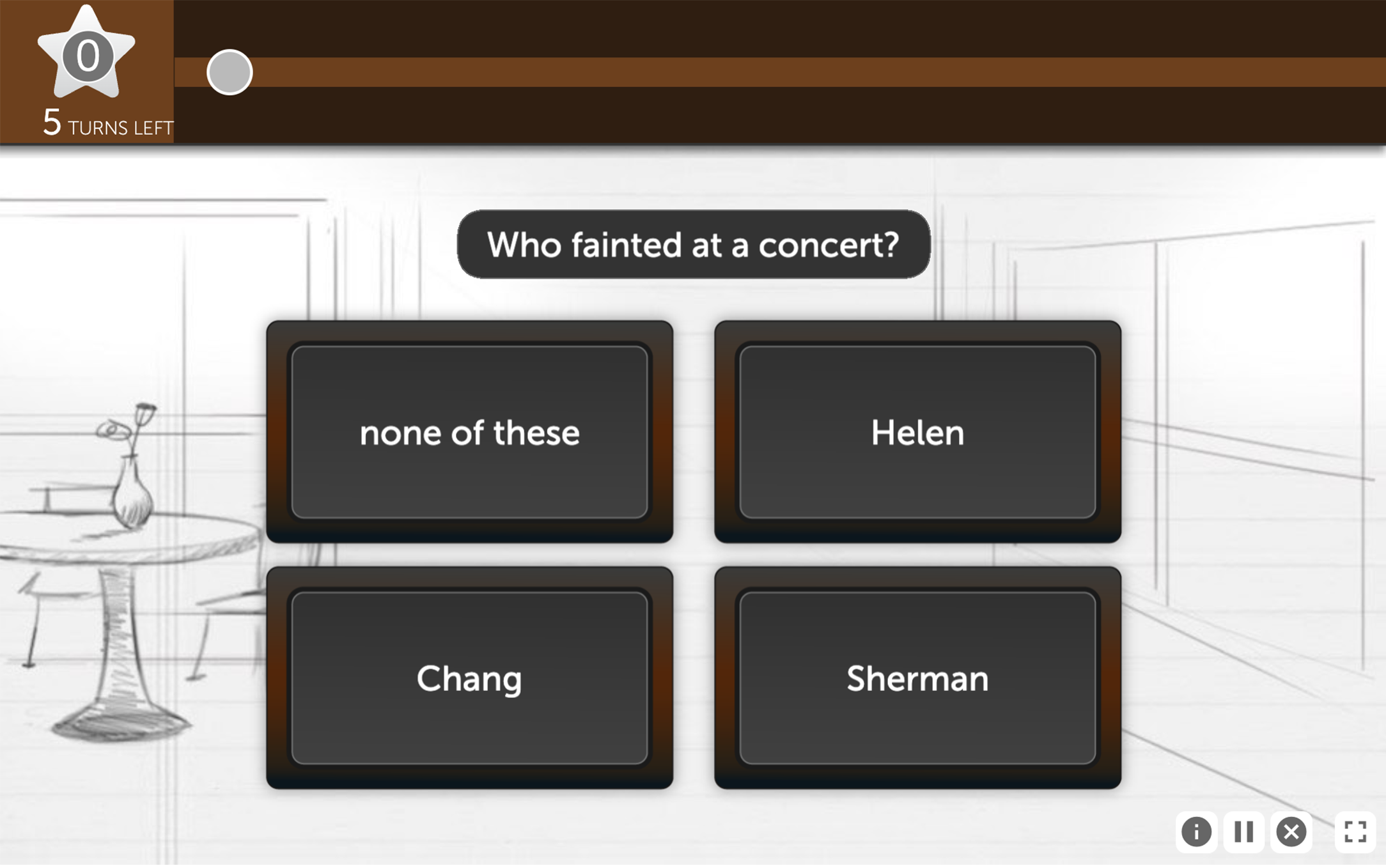 It’s happened to most of us. A friend tells you a complicated story about her brother, you hear an interesting story on the radio, a tour guide gives you fascinating details about great monument—and later, when you try to have a conversation about these things with someone else, you find you’ve forgotten the details. You aren’t sure if the friend’s brother went to Tibet or Thailand, don’t remember the name of writer you heard on the radio, can’t quite recall whether the monument was built after World War I or World War II.
It’s happened to most of us. A friend tells you a complicated story about her brother, you hear an interesting story on the radio, a tour guide gives you fascinating details about great monument—and later, when you try to have a conversation about these things with someone else, you find you’ve forgotten the details. You aren’t sure if the friend’s brother went to Tibet or Thailand, don’t remember the name of writer you heard on the radio, can’t quite recall whether the monument was built after World War I or World War II.
Remembering these kinds of details is important to conversation and personal connection. Being able to recall what you heard in detail helps you engage with others for successful and rewarding relationships. The examples of how this type of memory improves people skills are endless: it does everything from helping you follow up with a friend on an important event in her life to choosing the perfect gift based on what a family member has told you about his interests to remembering what your work colleague needed your help with.
In the Know exercises your memory for auditory details like these. It builds on other BrainHQ listening exercises such as Memory Grid, Syllable Stacks, and To-Do List Training by extending memory demands to the common, real-world scenario of the complex conversational narrative. The listener must sharply focus on increasingly more difficult and elusive details of longer and longer narratives, and record them accurately in memory across relatively long spans of time.
In the Know changes in several ways to push your brain to record details accurately under more and more challenging conditions:
- The speech processing speeds up, eventually becoming even faster than normal speech. (For more on how and why the speech is processed, please see the Memory Grid page.)
- The sentences get more complex, with more information.
- The breaks between sentences shorten.
As you improve at each level, more sentences are added, encouraging your brain to keep even more in mind!


